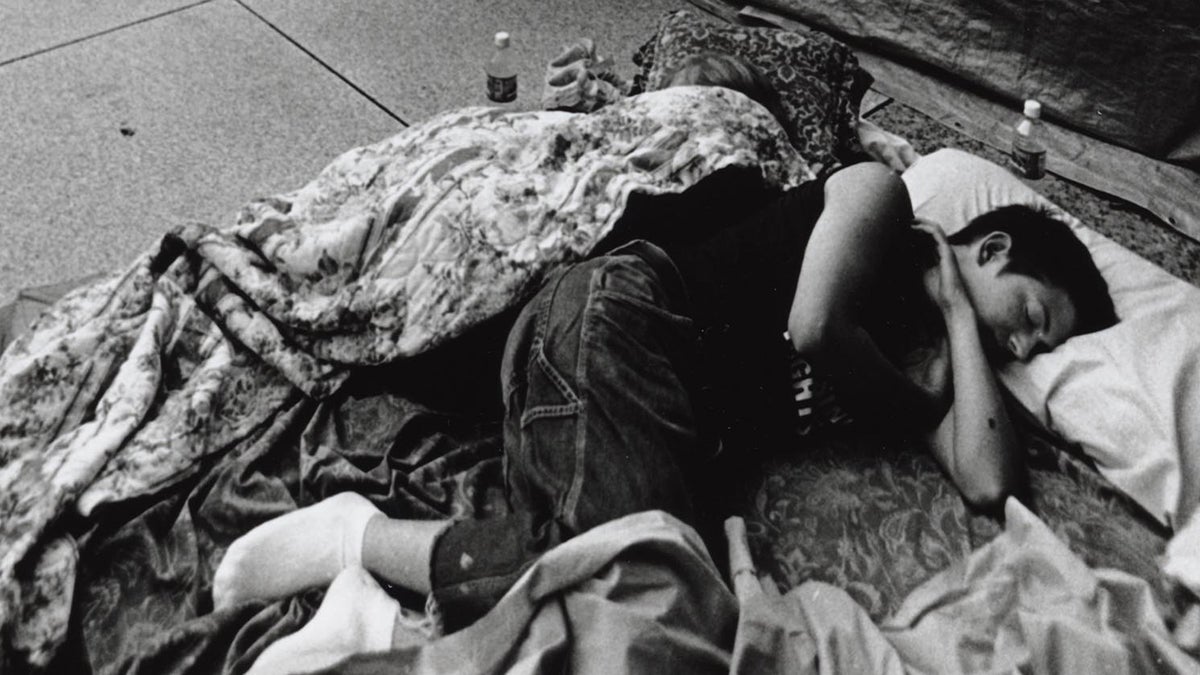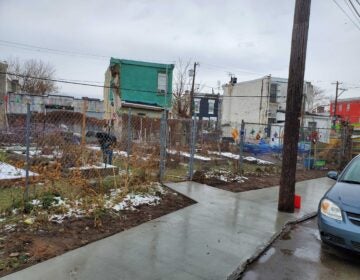Trump’s proposed HUD cuts spell disaster

(Image courtesy of Harvey Finkle Photography)
The current presidential administration is proposing $6.2 billion in cuts, 13.2 percent of the budget, at the Department of Housing and Urban Development, including the complete elimination of the Community Development Block Grant program. The cuts would hit local authorities that provide subsidized housing and vouchers the hardest, along with funds for major repairs to existing public housing. We stand to lose services and programs that fill fundamental needs for the most vulnerable among us. The impact would be disastrous.
Public housing can fulfill a dream of clean, safe, and affordable housing, but when neglected, it can easily become a nightmare. We need funds to build housing, but also to operate and maintain it. Over time, neglect of many public housing developments have led to disrepair and horrific living conditions, and it is only with reinvestment that we can make things better. Without it, the worst fates of public housing — high-rise buildings without working elevators, reliable running water, or regular garbage pickup — will become more common. The notion of further reducing funds for operation, maintenance, and necessary repairs is sickening.
The cuts would also reduce Section 8 housing vouchers, vouchers for homeless veterans, housing for people with disabilities, and housing for the elderly. These programs provide vital aid to people in need and make their lives appreciably better. They are already underfunded, and many programs have long waiting lists. For example, in 2015 there were 5,700 applicants for 55 units that became available in Germantown. The need for affordable housing for low-income residents is especially acute in the poorest big city in the United States, but today waiting lists for public housing and for housing vouchers are closed in Philadelphia. CC, a woman I interviewed in Kensington for my research on poverty, fled an abusive relationship only to face homelessness, leaving behind two young children. She qualified for a Section 8 voucher, which would have allowed her to establish stable housing and make a home for her children away from their violent father, yet she languished for months on a waiting list. Housing vouchers have enormous benefits, as I saw in the lives of women like Paloma, a formerly homeless woman who used one to provide a consistent, stable home for herself and her three young children in North Philadelphia. With the proposed reductions to vouchers, those lucky enough to retain their housing subsidies will see rent increases they are unlikely to be able to afford, and homelessness and housing insecurity are likely to rise. The impact on local jurisdictions will be uniformly negative, as the costs — to the community and the state — of homelessness far exceed the costs of providing housing.
The most optimistic understanding of the motivations behind proposals to drastically cut HUD funding is that their proponents believe that people will just figure something out, perhaps by living with friends or family, or simply working harder to pay market rents rather than living on the streets. Yet market rents outstrip wages many earn, even for full-time, year-round work. And many struggling families already live with family members and friends, arrangements that lack the independence and stability that families and children deserve and need. Assuming people have others to rely on is problematic, because poverty often fractures ties between family members and friends. Poor people who live with others can experience dangerous domestic violence and exploitative relationships. When I asked Alyssa, another Philadelphian I interviewed, if there were ever a time when she didn’t have a place to live, she poignantly articulated her need: “I’ve had places to stay. But not a home to live in.”
America already has an unconscionable number of people who lack access to safe, stable, affordable housing. We need to expand housing subsidies, not reduce them. Housing is fundamental to most other aspects of life. Without it, people have no way to provide a safe and stable home for their children. Supplying housing better positions people to address issues of mental illness and addiction. Withholding housing until beneficiaries have addressed these other problems is a recipe for failure. Without a safe and consistent place to call home, children lack the stability they need to succeed in school and adults may falter at work. A full and normal life — and a chance at economic success — depends on a refuge at the end of the work day and a place to keep our work clothes and our tax receipts. Raising healthy children requires a place for children’s books and toys. Safe and decent housing for everyone is a crucial component of making the American Dream — namely, that anyone can succeed with enough effort — a reality. If the proposed cuts become reality, the ramifications will be devastating.
—
Joan Maya Mazelis is assistant professor of sociology and an affiliated scholar at the Center for Urban Research and Education at Rutgers University-Camden. Her book, “Surviving Poverty: Creating Sustainable Ties among the Poor,” based on her research with the poor in Philadelphia, is available from NYU Press.
WHYY is your source for fact-based, in-depth journalism and information. As a nonprofit organization, we rely on financial support from readers like you. Please give today.




